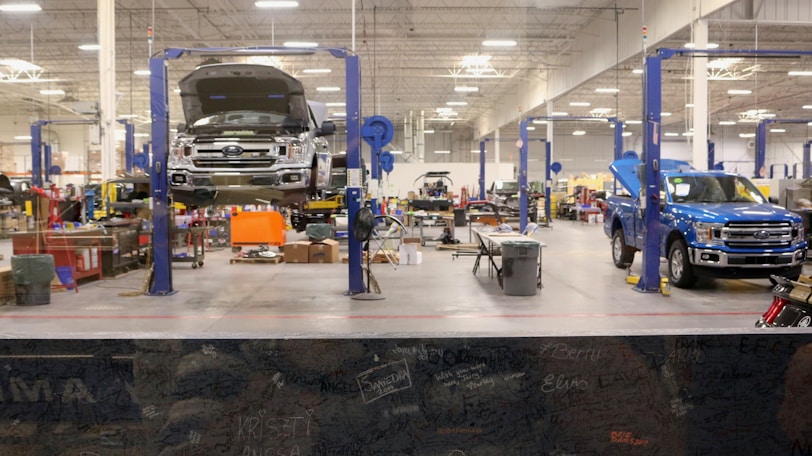Automotive & Assembly


The automotive industry stands at a juncture of technological revolutions and shifting market preferences. The synthesis of traditional engineering and emerging technologies has been the focal point of automotive and assembly research. Whether it's the advent of electric vehicles (EVs), autonomous driving, or the integration of IoT, the automotive landscape is evolving at an unprecedented pace.
Understanding the Shifts in Automotive & Assembly Research
Electrification of the Automotive Space
Autonomous and Connected Vehicles
With an increasing global focus on sustainability, research in electric vehicle (EV) technology has surged. Breakthroughs in battery technology, charging infrastructure, and vehicle range have accelerated the transition from internal combustion engines to EVs.
The convergence of artificial intelligence, sensors, and connectivity has pushed the boundaries of what vehicles can achieve. From early-stage driver assistance systems to fully autonomous vehicles, the road ahead is paved with possibilities.
Advancements in Manufacturing
Modern assembly lines are rapidly integrating Industry 4.0 technologies. Robotics, AI-driven quality checks, and predictive maintenance are transforming automotive manufacturing floors.
Advancements in Manufacturing
Quality Control via AI
From Human Touch to Robot Precision
Sustainable Manufacturing
AI-driven systems can predict defects and optimize assembly processes in real-time. This is not only reducing wastage but ensuring higher standards of production.
Automated robotic systems ensure accuracy, repeatability, and scalability. Research is honing these systems to be more adaptable and efficient.
Research is also focused on making assembly lines more sustainable. From using eco-friendly materials to optimizing energy consumption, the assembly process is undergoing a green revolution.
Aristocrat Global HQ, TechIQ block, Delaware.
651 N Broad St, Middletown, DE 19709, United States
_____
Aristocrat Intelli-Tech (iT)
Aristocrat Research Centre For Innovation And Deep-Tech,
West Tech block,
TIDEL Tech Park, Chennai, India.
_____
+91 98945 95035
support@AristocratResearch.com
